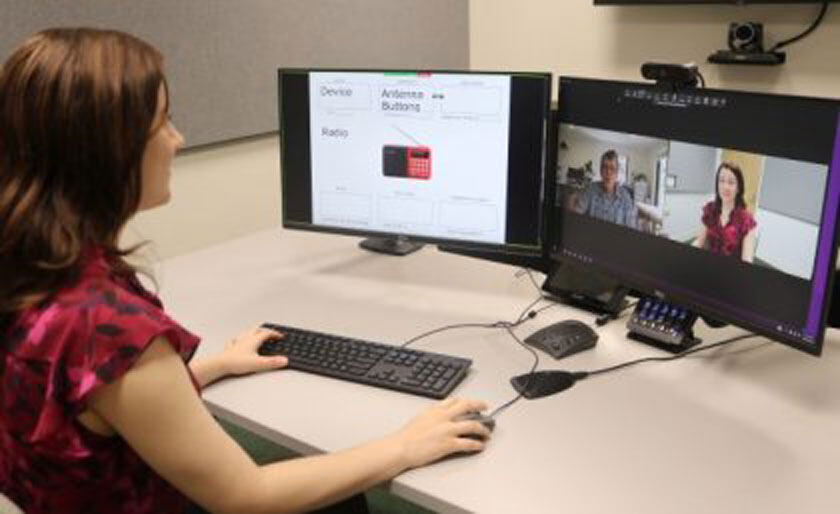More people with aphasia will have access to quality treatment, particularly those in rural and regional areas, thanks to the expansion of a University of Queensland developed therapy program.


Aphasia affects a person’s ability to communicate, typically after a stroke or head injury, and is experienced by more than 140,000 Australians.
Professor David Copland, Director of UQ’s Queensland Aphasia Research Centre (QARC), said many people with aphasia across Australia may not be receiving the therapy that best meets their needs.
“The CHAT program is currently available in Brisbane at Metro North Health’s Surgical Treatment and Rehabilitation Service (STARS) and will be expanded to seven hospital and health service sites in Queensland, New South Wales and South Australia,” Professor Copland said.
“Our clinicians and researchers will assess the clinical outcomes and cost-effectiveness of the CHAT program across multiple health settings and compare it with aphasia care currently being provided.
“An online equivalent of the CHAT program (TeleCHAT) will also be available as an option for people to participate in their homes.
“Early results of the online program are promising, suggesting this new approach to aphasia therapy significantly increases accessibility for those in rural and regional areas.”
The Comprehensive High-Dose Aphasia Treatment (CHAT) program includes 50 hours of intensive therapy delivered over eight weeks by speech pathologists with support from aphasia researchers.
Nicky Graham, Director of Speech Pathology Allied Health Services at Cairns Hospital said the telehealth component will mean many people who live long distances from Cairns will be able to access high quality therapy.
“Our team is very excited to be partnering with UQ to participate in the CHAT program,” Ms Graham said.
“We’re committed to achieving the best outcomes for our clients, so people with aphasia can get the right therapy at the right time to improve their communication with their families and their community.”
The CHAT program was awarded $1 million under the Federal Government’s National Health and Medical Research Council Partnership Projects Grant.
QARC was established in partnership with Metro North Health as part of the Surgical, Treatment and Rehabilitation Services Education and Research Alliance, thanks to a $1 million gift from the Bowness Family Foundation and $500,000 from an anonymous donor.


































